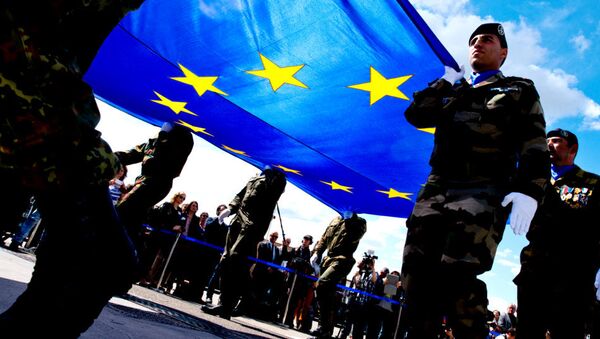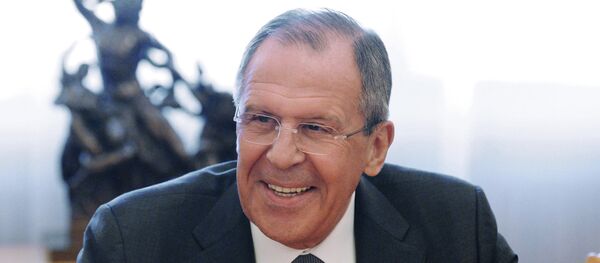"Lately I have had an impression that maintaining internal unity has become a goal in itself for the European Union. The fact of the unanimous adoption of the resolutions is becoming more important than their content," Chizhov told RIA Novosti, regarding the adoption of anti-Russia sanctions by the bloc.
According to Chizhov, implementation of the sanctions in relation to Russia's adherence to the Minsk agreements on Ukrainian reconciliation was the least the EU member states could agree on.
Last month, several media outlets exposed the rift within the EU relating to the adoption of sanctions.
There is a lack of consensus in the 28-state-block regarding the anti-Russia restrictions, with several countries including Greece, Cyprus, Hungary, Italy and Spain calling for a repeal of the sanctions.
Since the Ukrainian conflict escalated in April 2014, the European Union, the United States and their allies have imposed a number of economic sanctions against Moscow, blaming it for interfering in Ukraine's internal affairs.
Many countries stated that the implementation of the Minsk agreements would be the condition for alleviation of sanctions. On February 12, the leaders of Russia, Ukraine, France and Germany agreed on a deal for Ukrainian reconciliation. The deal stipulates a ceasefire, which came into force on February 15, as well as withdrawal of heavy artillery, constitutional changes in the Ukraine government and prisoner swaps.




